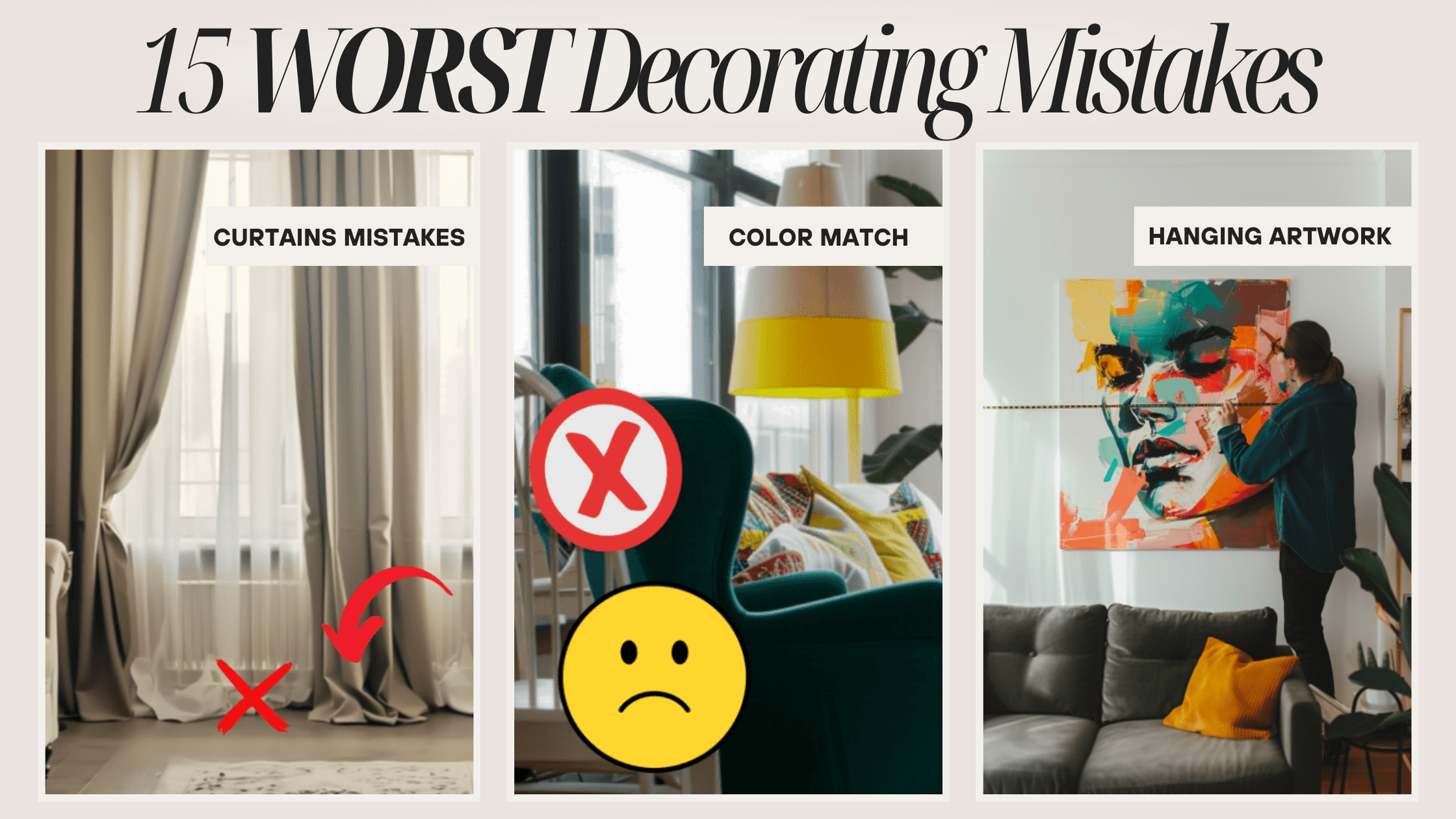There is an art to creating a beautiful, welcoming home.
But even the most enthusiastic of home decorators could be guilty of committing some of the most egregious decorating sins.
Here’s a list of the 15 worst decorating sins to avoid, and some tips on how to improve the spaces you live in.
Overcrowding Rooms
Sin: Too much furniture in a room makes a space look cluttered and cramped.
Fix: Keep it minimal. Have core furnishings that serve the purpose of the room.
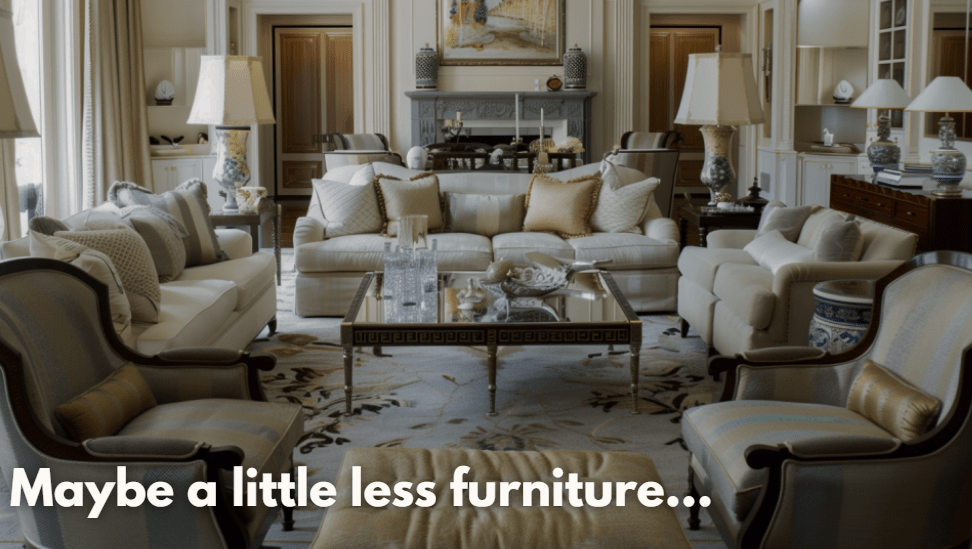
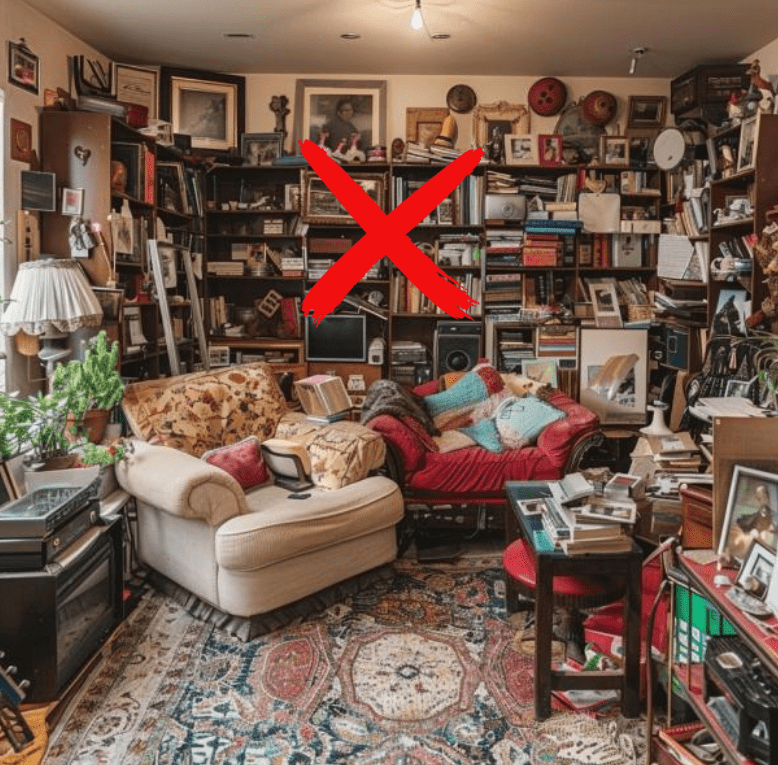
Make sure there’s room to move, and that the room has focal points that aren’t crowded by clutter.
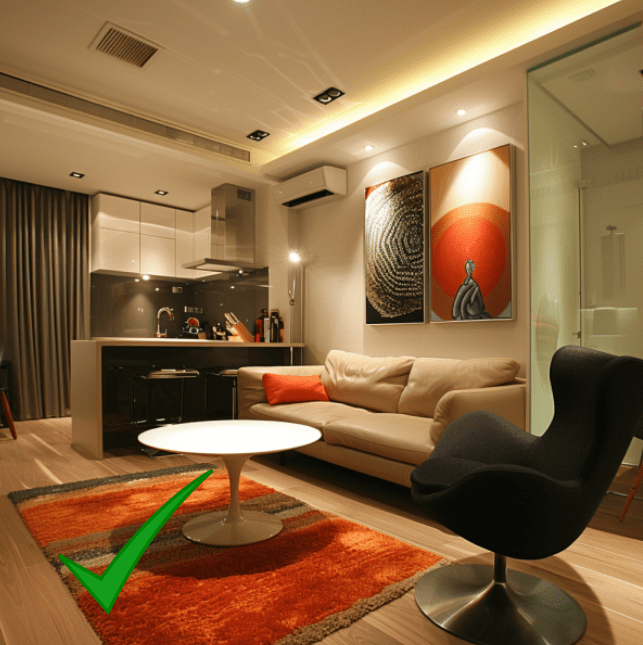
Curtains: Framing Your Windows Correctly
Do not spoil the look of your room by leaving the curtains hanging in the wrong way.
Instead, follow some simple rules:
Length Matters: Curtains should either kiss the floor or puddle slightly.
Make Them Wide: Curtains should be wide enough to hang full when closed.
Positioning: Hang the rod high and wide to elongate your windows.
You can check all errors regarding curtains in detail in this article.
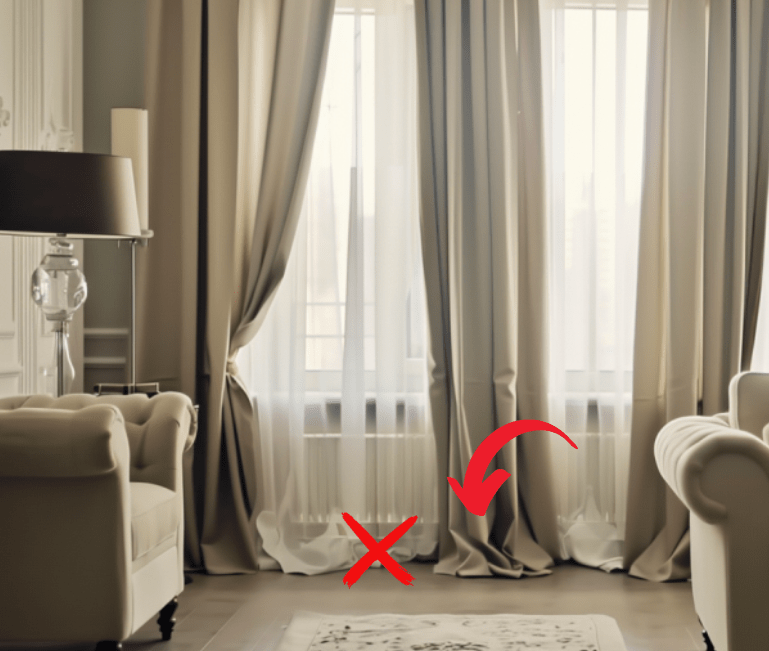
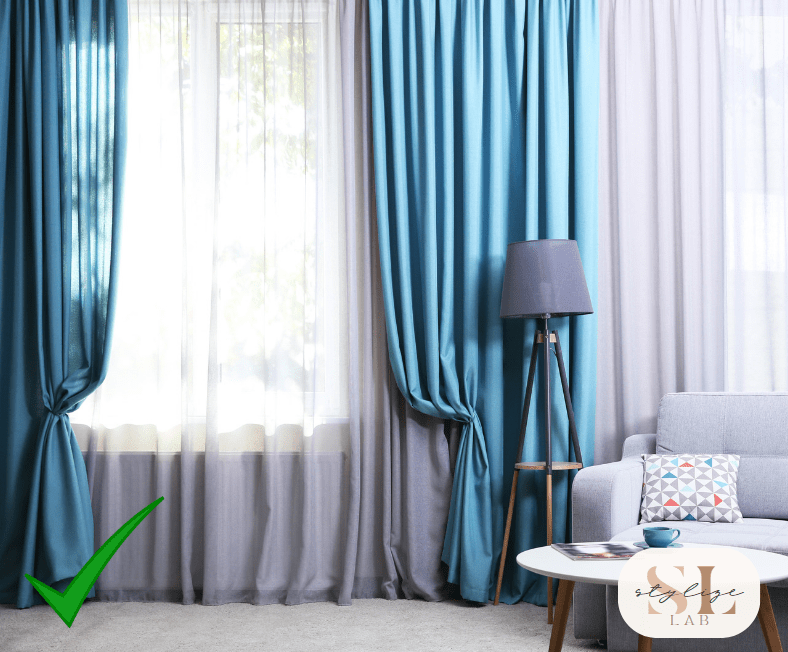

Neglecting Scale and Proportion
Offence: Choosing for a room furniture or decorative items that are either too big or too small.
Fix: Measure your space before you buy furniture.
Scale up big pieces in bigger rooms, and down in smaller ones. Then make sure to choose furniture that is consistent in size to help create a balanced vibe.
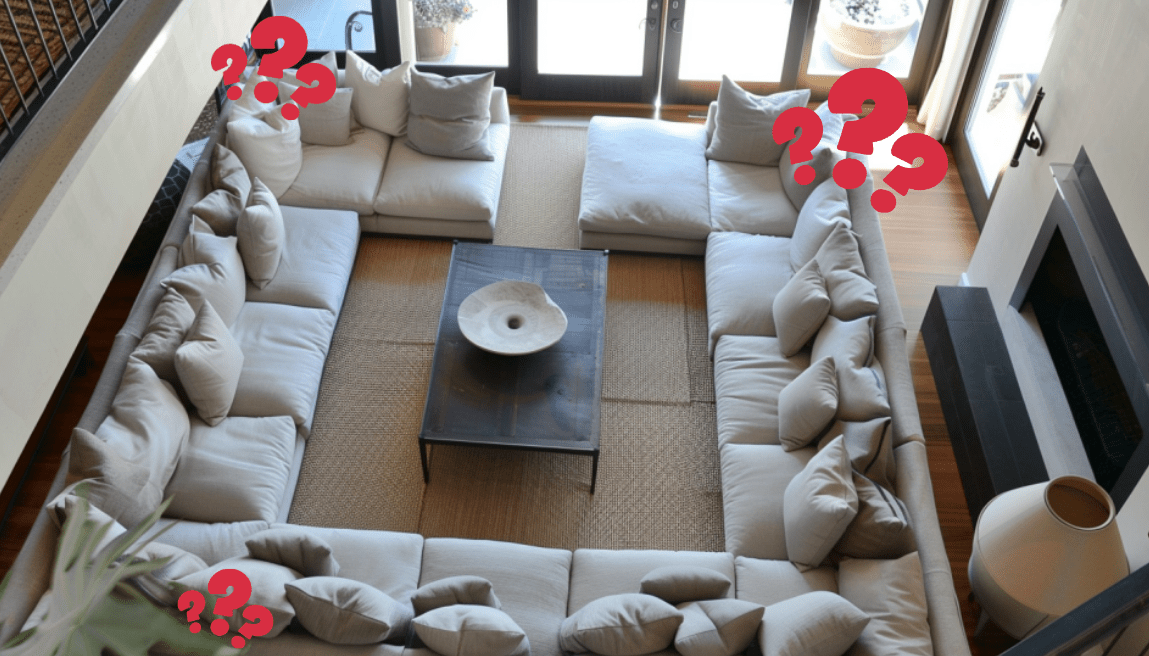
Poor Lighting Choices
Sin: Relying solely on overhead lighting can create harsh shadows and an unwelcoming environment.
Fix: Layer your lighting. Use overhead lights, task lighting and accent lights to highlight and illuminate key parts of the room to make it more functional, and warm up the atmosphere.
Ambient Lighting: This is your main source of light, often overhead.
Task Lighting: Specific lighting for activities like reading or cooking.
Accent Lighting: Accentuates architectural features or artworks; 3 times as bright as ambient light.
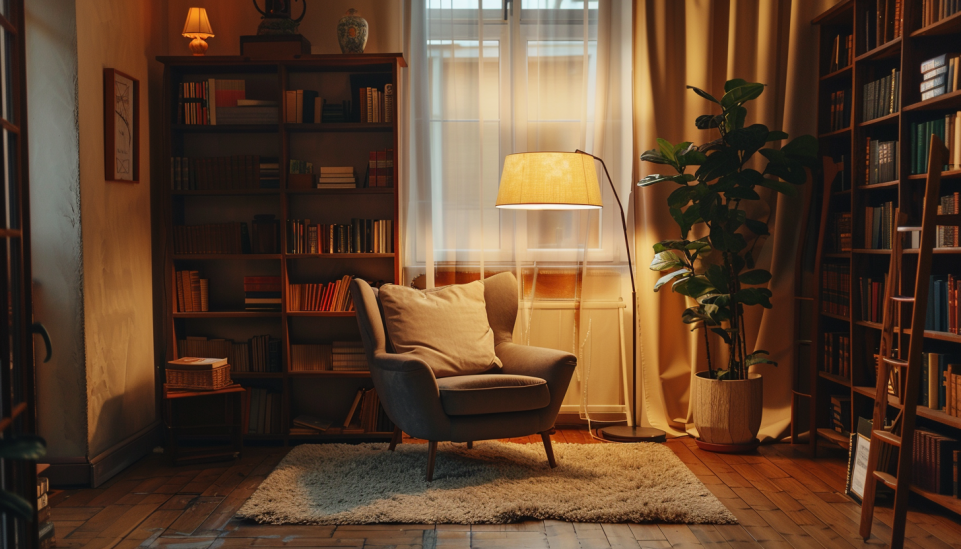
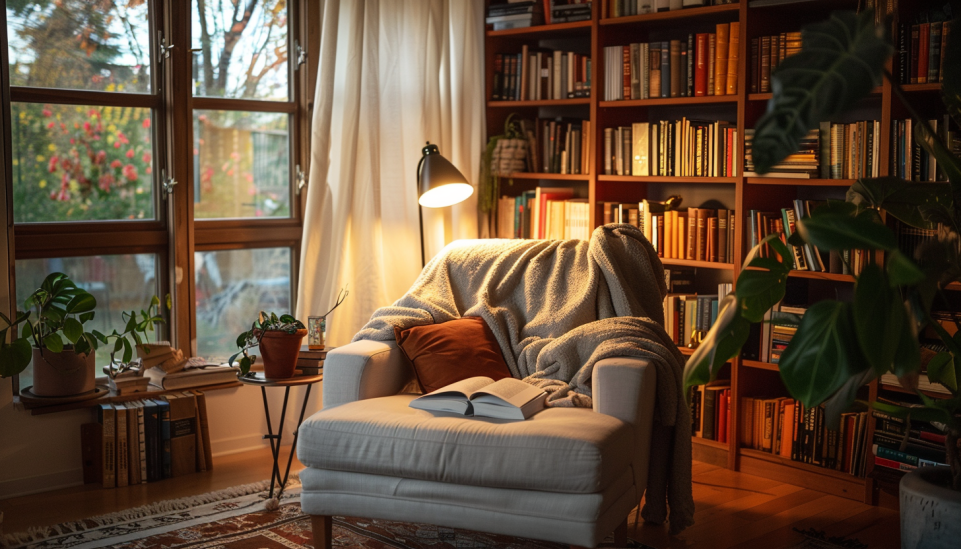
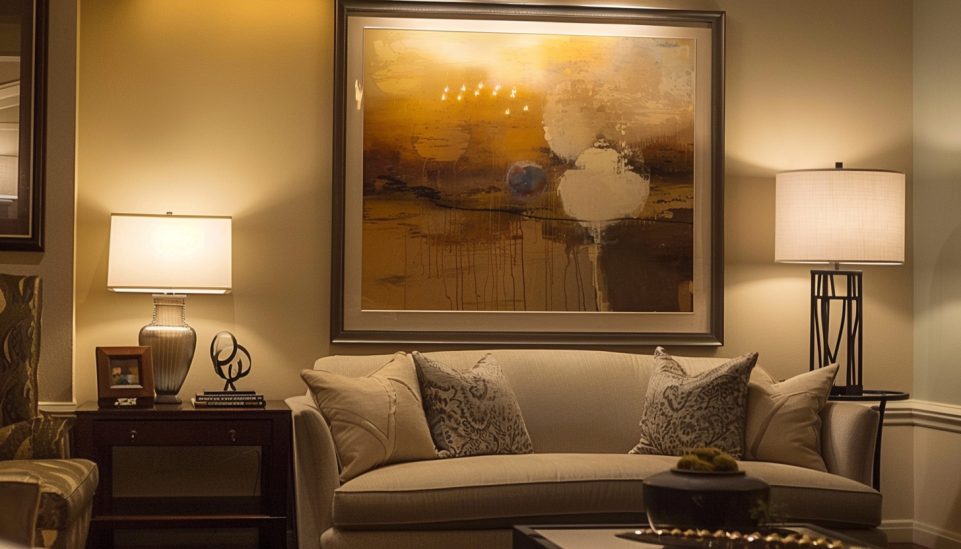
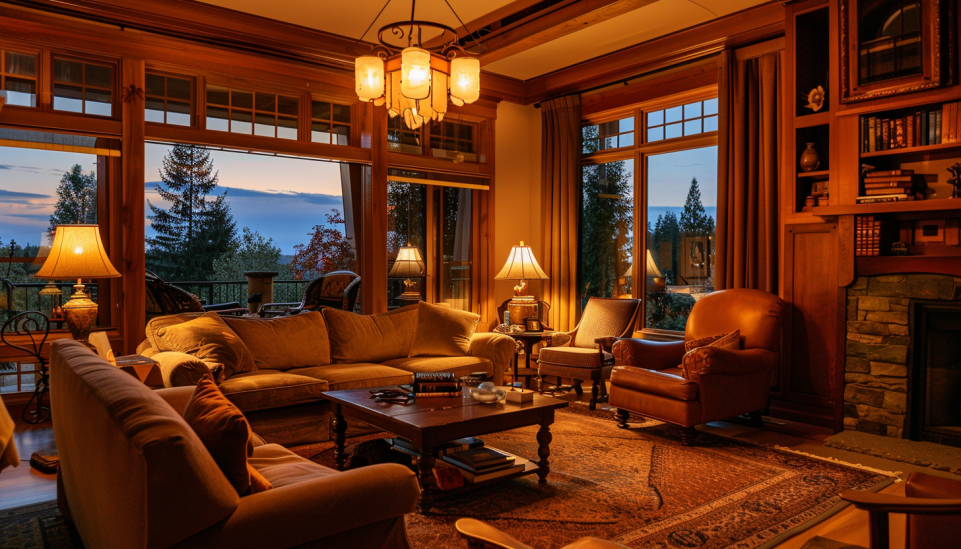
Cluttered Spaces: The Art of Decluttering
Too much clutter can make even the most well-decorated room feel chaotic and small.
- Routine Decluttering: Set up regular times to review and remove items no longer needed or loved.
- Functions First: Be organised by keeping daily essentials in stylish baskets, multi-functional furniture and creative shelving systems.
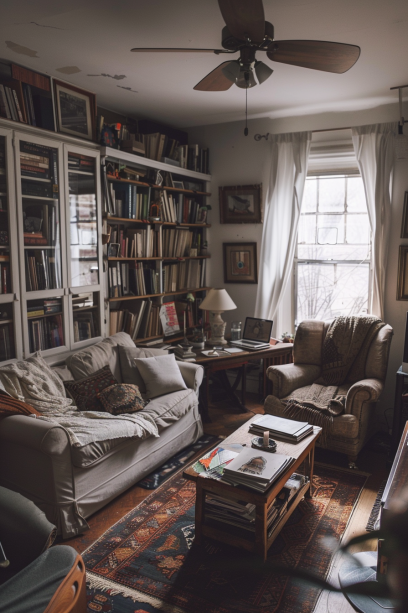
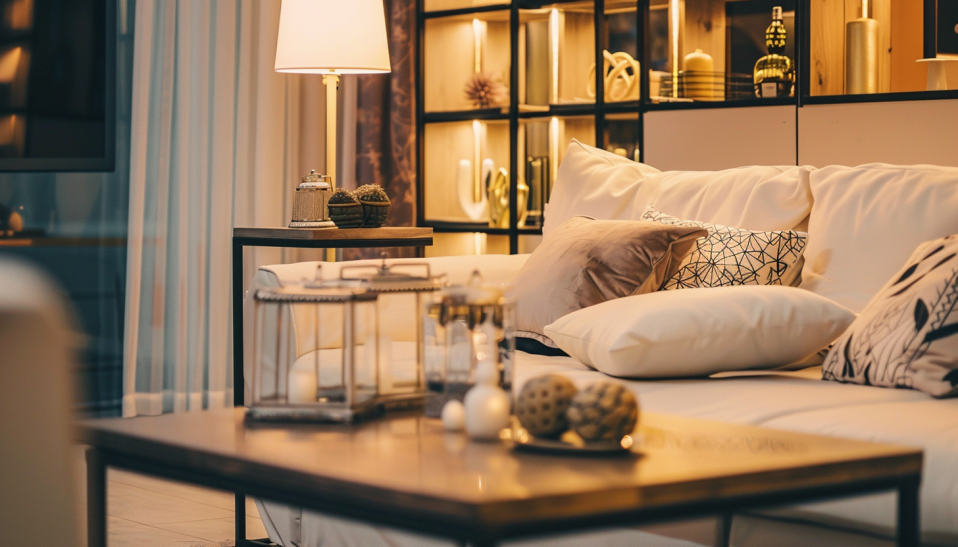
Quality Over Quantity: Investing in Durable Pieces
Buying cheap furniture can be quite tempting if you are on a tight budget, but low quality furniture often needs to be replaced sooner.
First Things First: Invest in furniture that will be heavily used in the living room and bedroom: couches and beds should be of good quality because you will be on them every day.
The Cost-Per-Use Principle: Think about length of lifetime versus cost. Sometimes you can save money in the long run by spending a little more at the beginning.
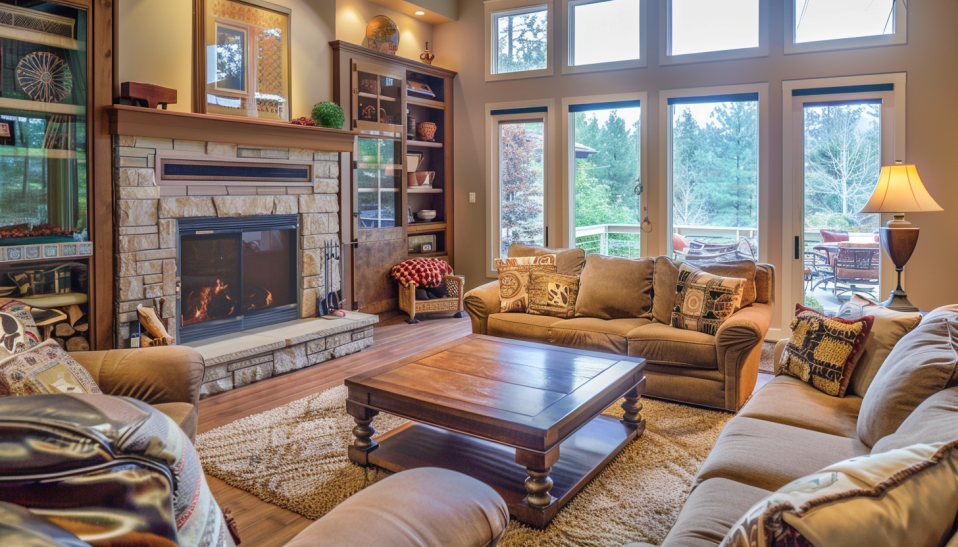
Choosing the Wrong Paint Color: The Importance of Test Swatches
Deciding on paint colours is often the most vexing of all decisions in home décor. Mess up here and you wind up in homes that don’t feel right.
Buy swatches first – always: Prepare test samples and observe the way the paint looks at different times of the day and in different lighting conditions before making a final decision.
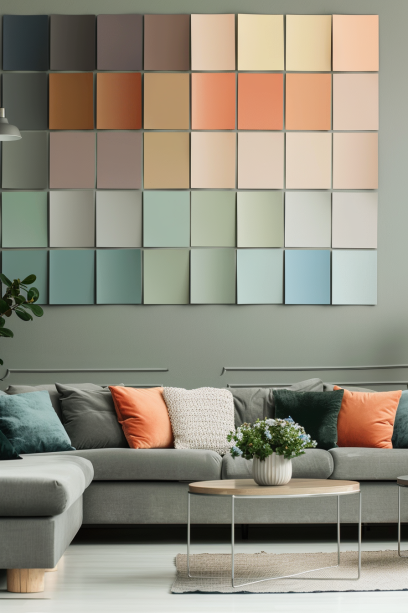
Consider Undertones: Paints can have cool or warm undertones, which have a huge effect on the atmosphere in a room.

Going Overboard with a Theme
Sin: Decorating a room with an excessively thematic approach can feel contrived and overwhelming.
Fix: Use small details to hint at a theme, rather than decorate wholly in it. Pair thematic decor with neutral pieces to give a refined feel.
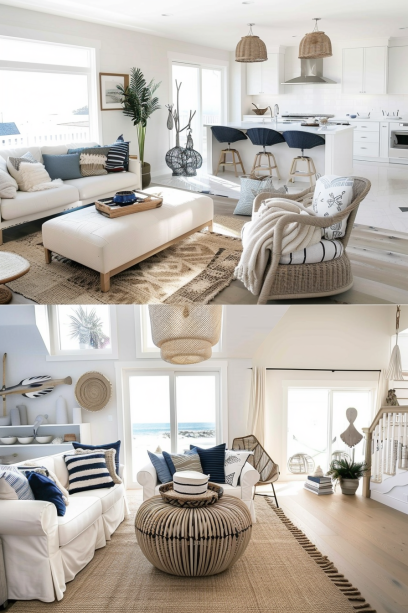
Overlooking Focal Points: Anchoring Your Space
While every room needs a focus point, a common error is to either have none or to have too many, each competing for attention.
Focal point: Pick one thing in the space to be your centrepiece: a fireplace, an antique armoire, an oversized painting, whatever draws the eye immediately.
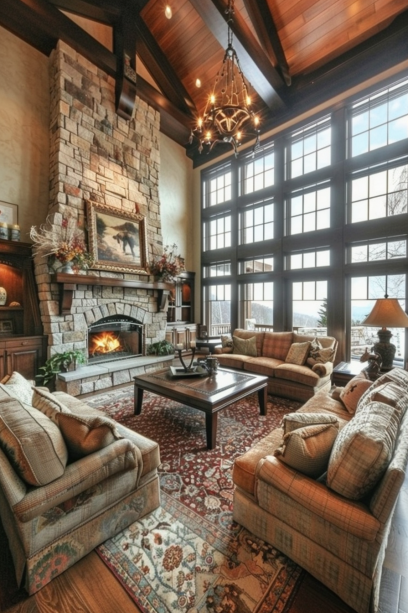
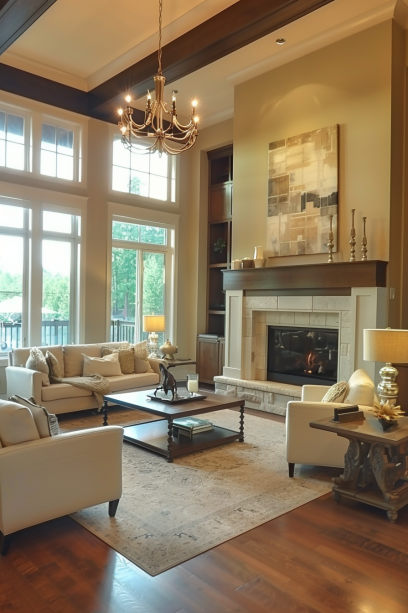
Balance and Harmony: Make sure that the furniture and décor support the focal point, and do not detract from it.
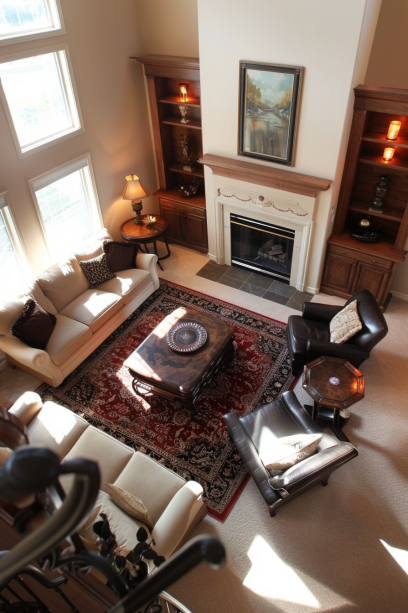
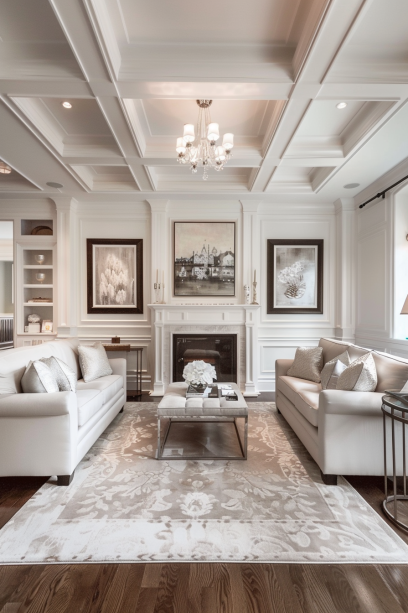
Mismatched Color Schemes
Sin: mixing too many colours that clash, or that are too bright, can ruin the eye flow of your home.
Fix: Stick with a colour palette. Stick with three main colours: a dominant, a secondary, and an accent, to guide your choices, so that everything flows harmoniously.
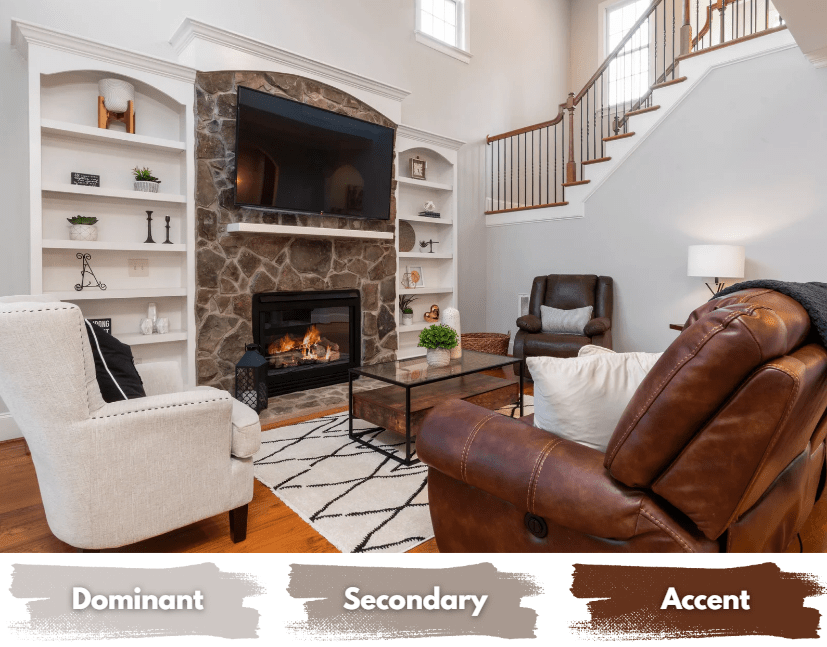
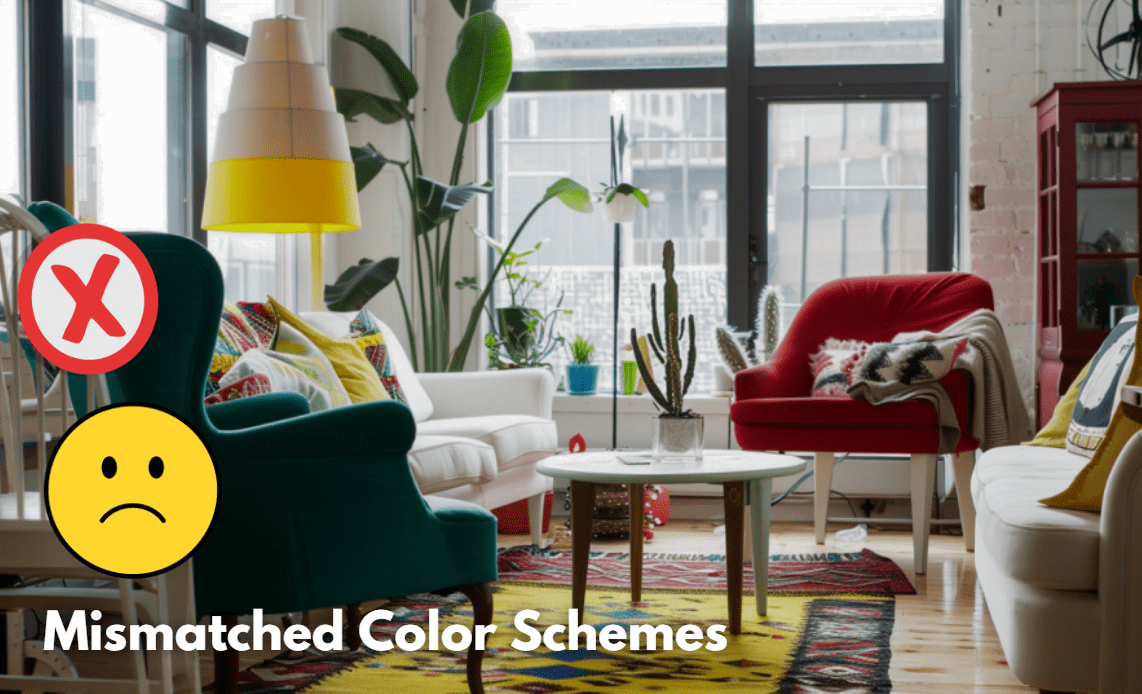
Rugs: The Heart of Your Room
When decorating your home, it is important to avoid a common error that many people make when choosing a rug. Here are two options and the right way to choose the correct size.
Measure before you buy: lay out your furniture before you buy a rug.
Living Room Rugs: Make sure at least the front feet of your main furniture is on the rug; common sizes are 8×10, 9×12 or 10×14 feet.
Bedroom Rugs: Queen bed: 8 x 10, King bed: 9 x 12.
Dining Room Rugs: Long enough to fit all chairs without crowding, plus about eight inches from the table.
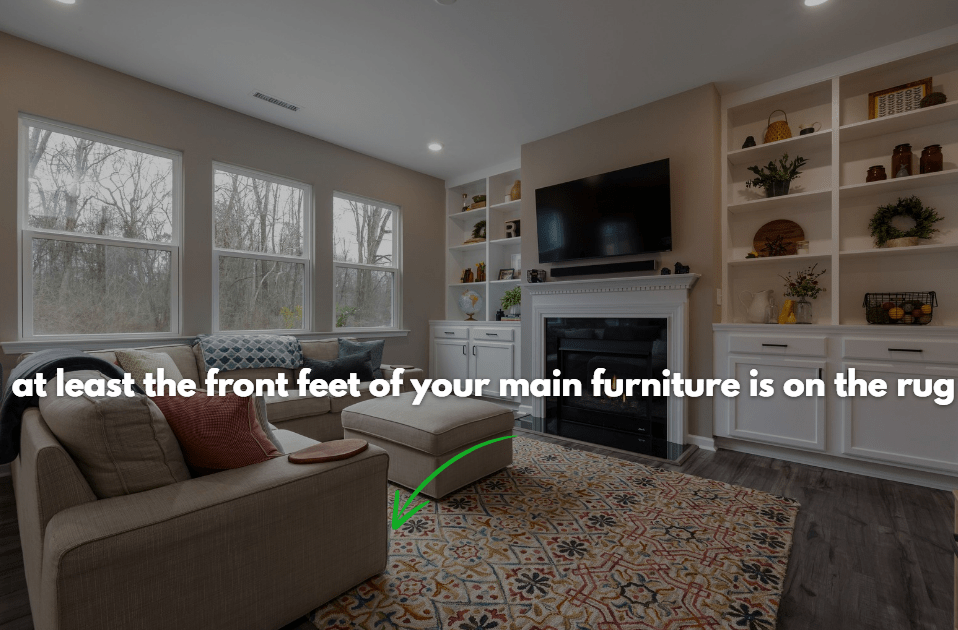
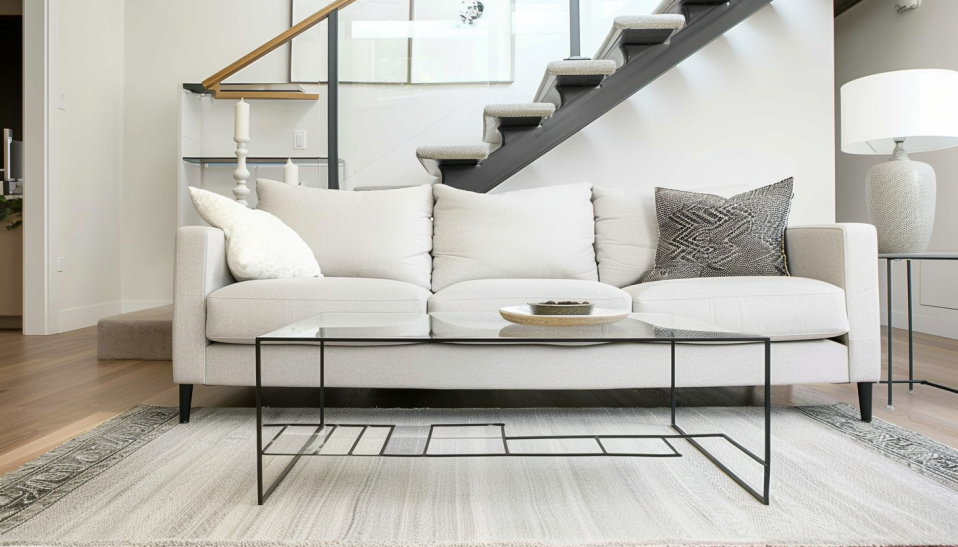
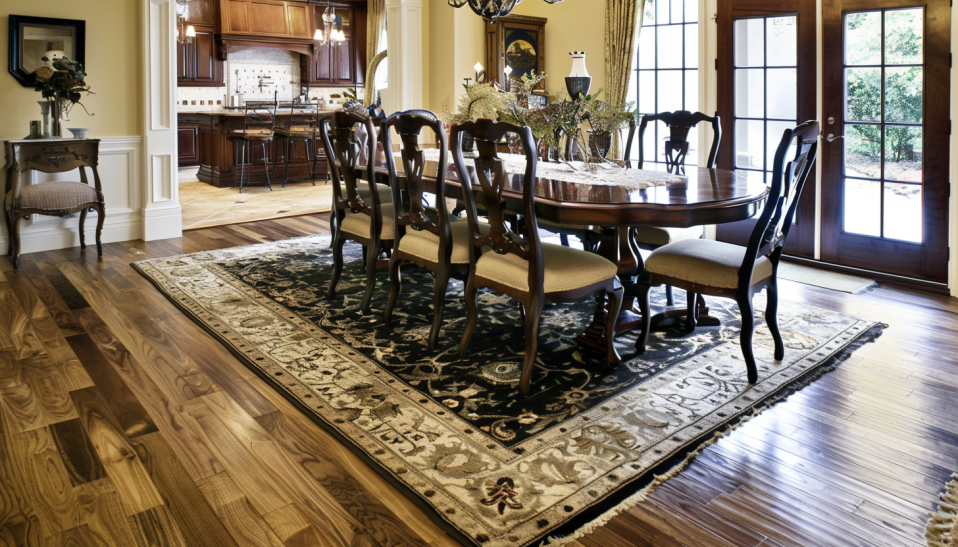
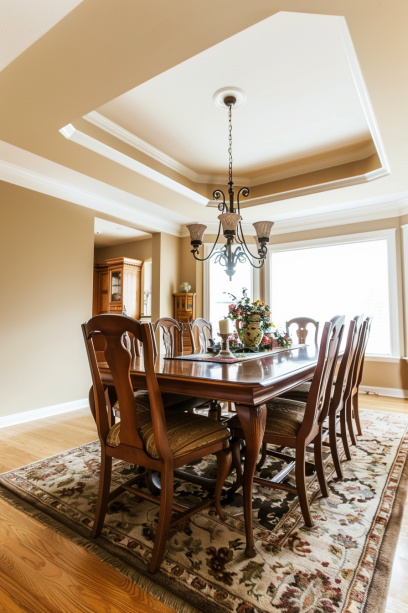
Ignoring Functionality
Sin: Choosing furniture or decor based purely on aesthetics without considering practicality.
Fix: Think how you’ll use it. Buy furniture that is both beautiful and useful. Let everything you place in a room serve a purpose – to improve how it looks and how easily you can use it.
Nesting tables a useful item, which takes place in many sets of furniture. As it is not too bulky and takes up little space, it saves your living area from unnecessary overcrowding and allows you to give your home a modern fresh look at the same time.
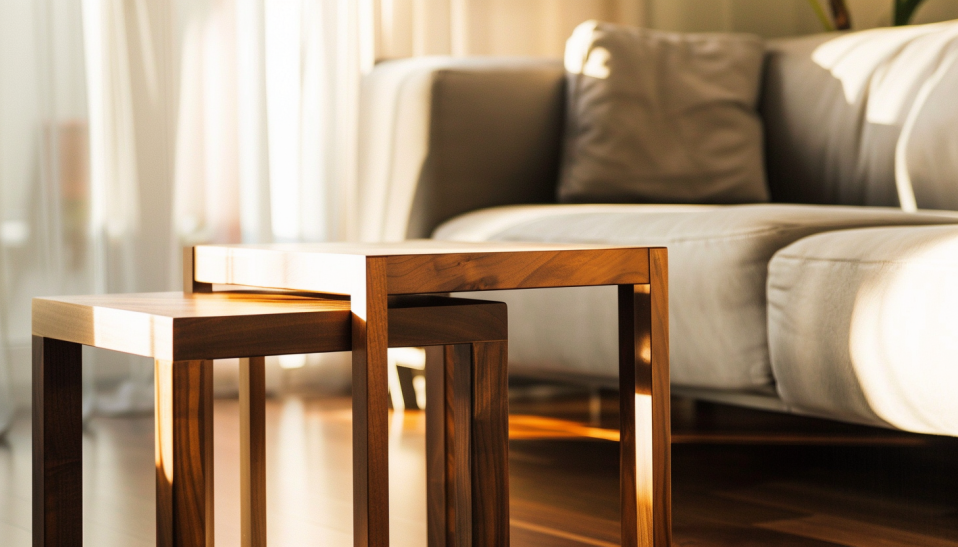
Forgetting Personal Touches
Sin: Making it look like a showroom rather than your own style.
Fix: Introduce a dash of personality into your space – a collection of photographs, a few heirlooms or whatever it is that makes your space feel like you.
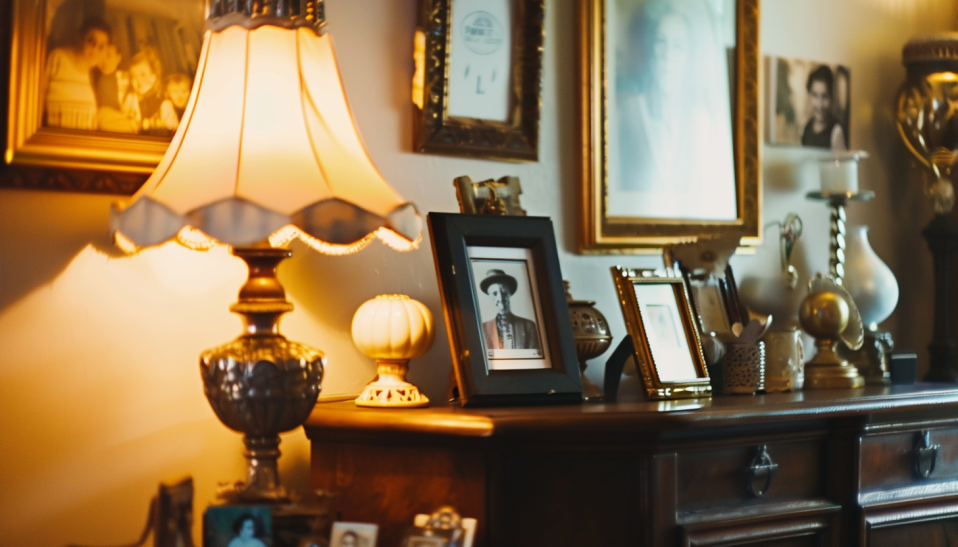
Grouting: Not Just a Detail
Colour and style of grout can make a big difference to the look of your tiled areas:
Early Grout: Match the grout colour with the tile to blend or contrast.

Longevity: It might look great now but you’ll want the grout colour you choose to be an easy one to maintain and live with over the lifespan of your tile.
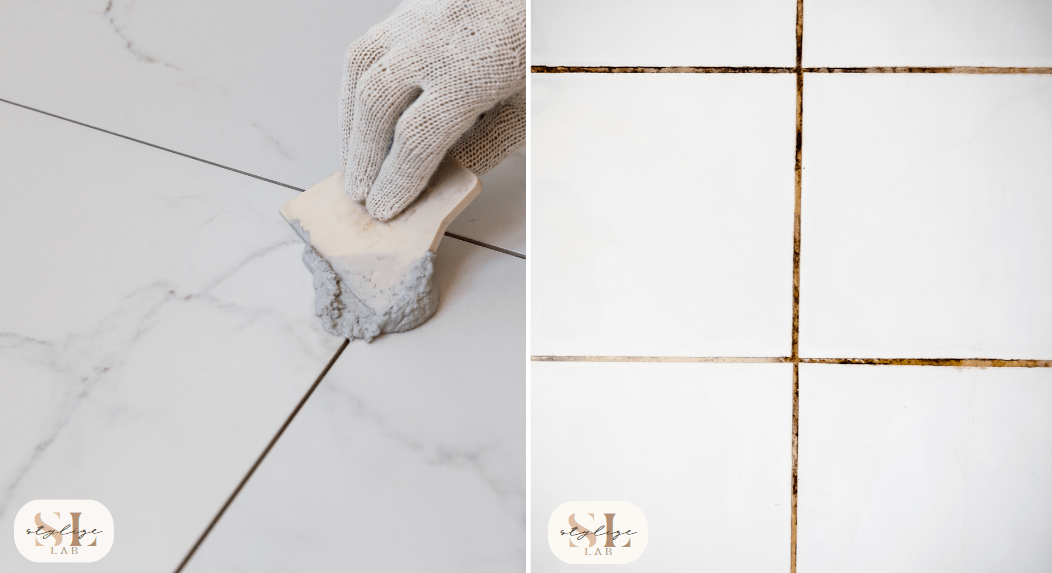

Furniture Choices: Embracing Timelessness Over Trends
Invest in neutral large pieces and express creativity with smaller, changeable items:
Go Neutral for Major Pieces: Sofas and large seats in neutral colours stay fashionable through the years.
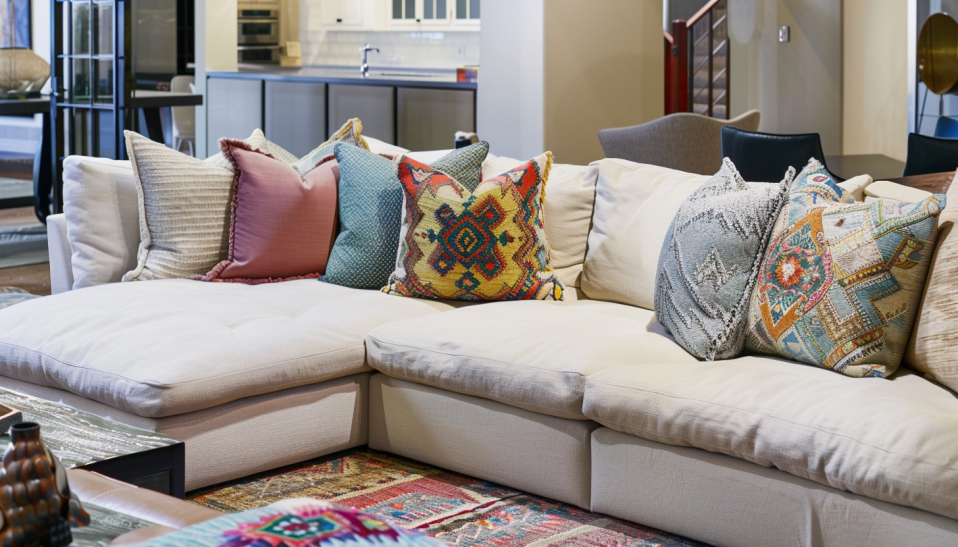
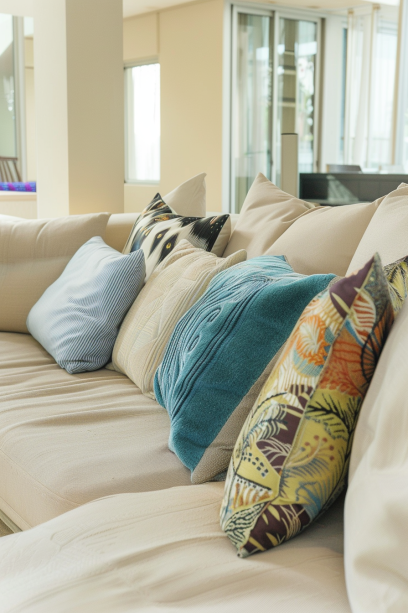
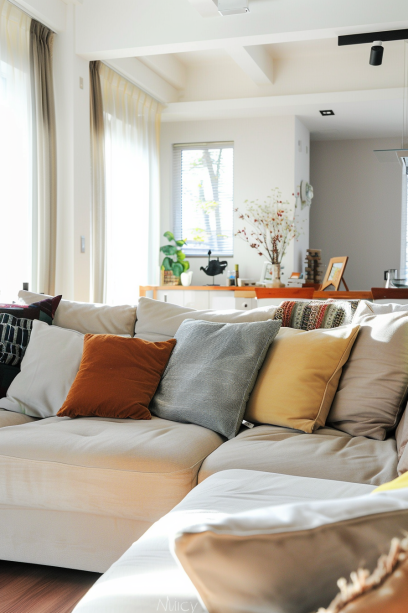
Wise Use of Colours and Patterns: Use colour and pattern in accessories such as pillows, throws and other accessories.
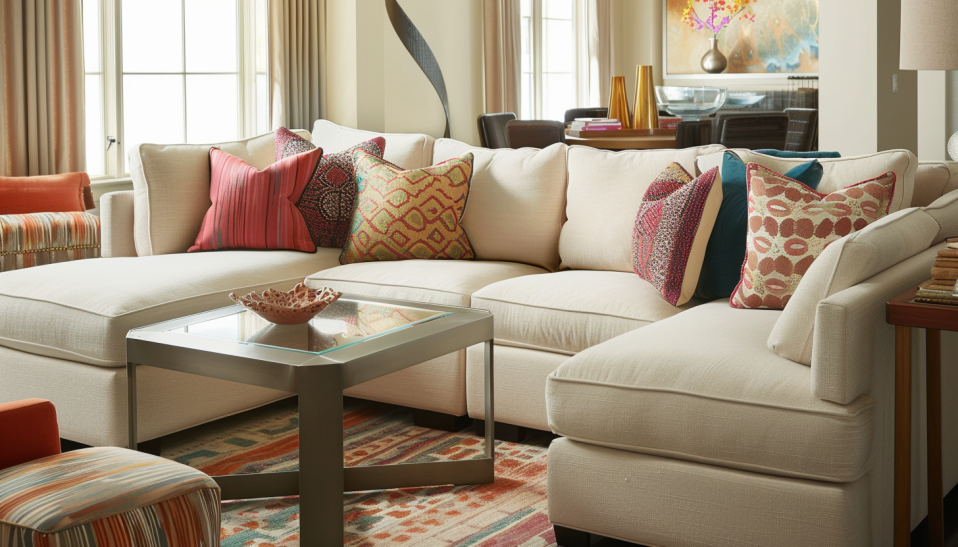
Common Questions
1. How can I choose the right color scheme for my space?
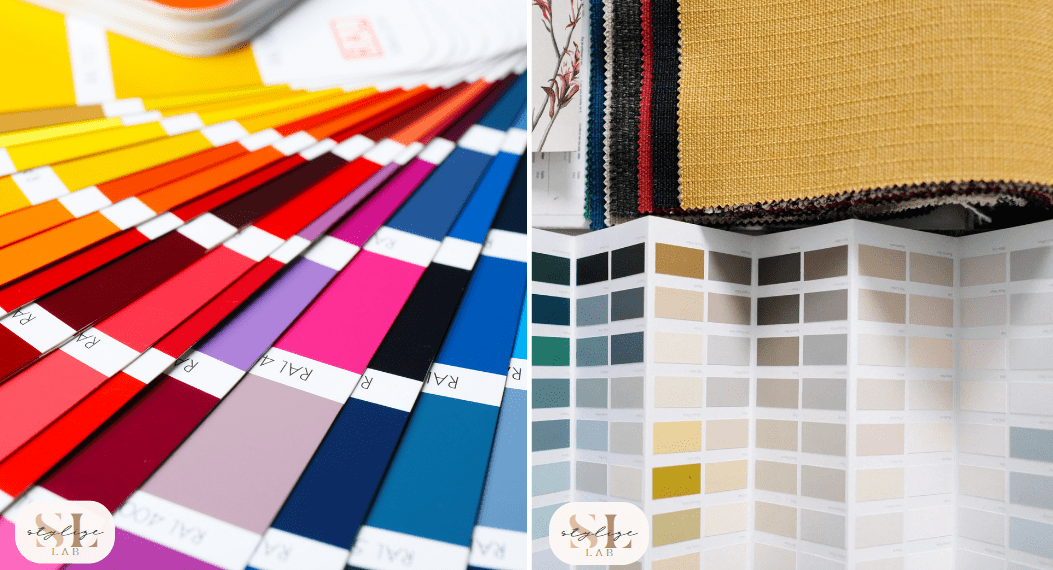
First, think about what mood you want to create in the space.
Neutrals are good for calming, while Bolder colours can energise.
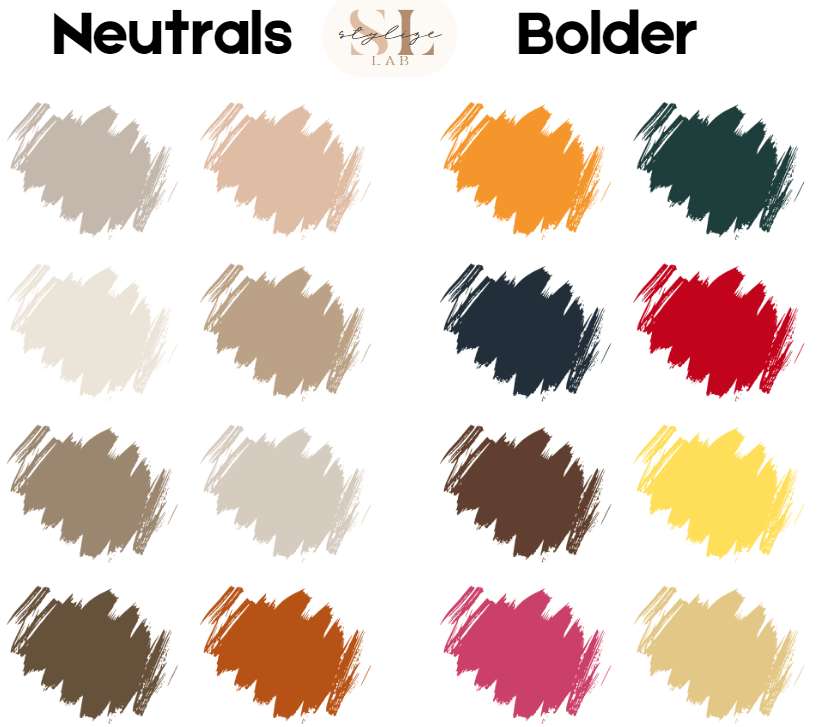
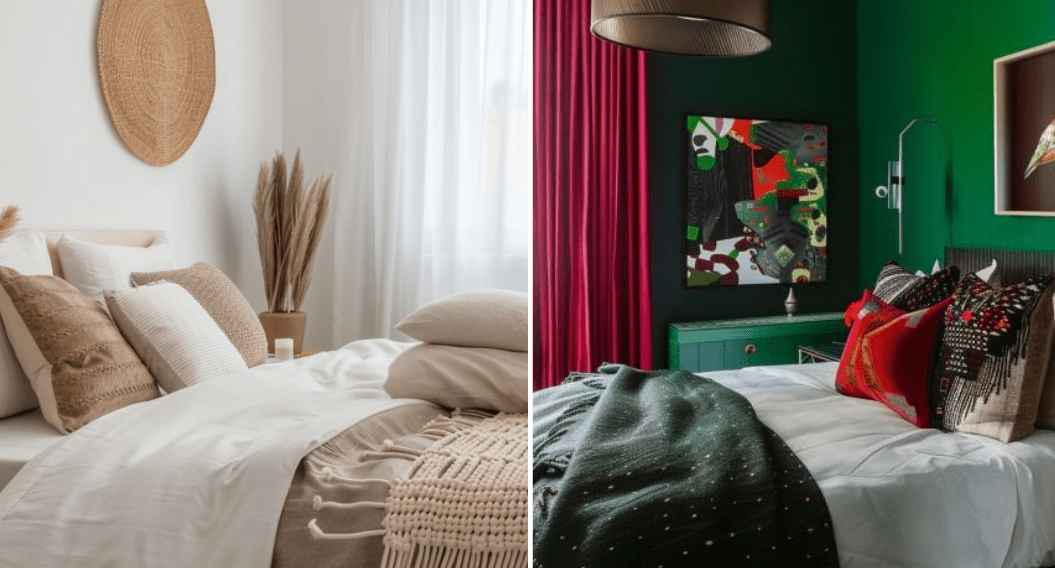
Refer to a colour wheel to find complementary tones, and keep to a three-colour palette to stay in balance.
2. What is the biggest mistake people make when hanging artwork or pictures?
One of the most common mistakes is hanging artwork too high. When art is hung too high, it tends to throw off the overall look of the room.
This mistake can be corrected by eyeballing the center of the art to be approximately 57 inches from the floor.
This is the average human eye level.
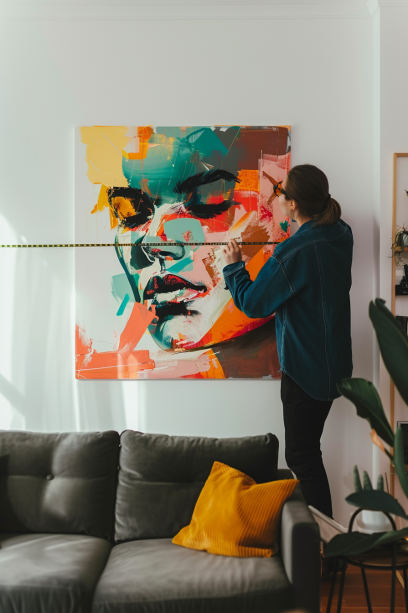
3. What are the common mistakes made with window treatments?
people often get the size wrong when choosing curtains or blinds, which can make a window look out of proportion.
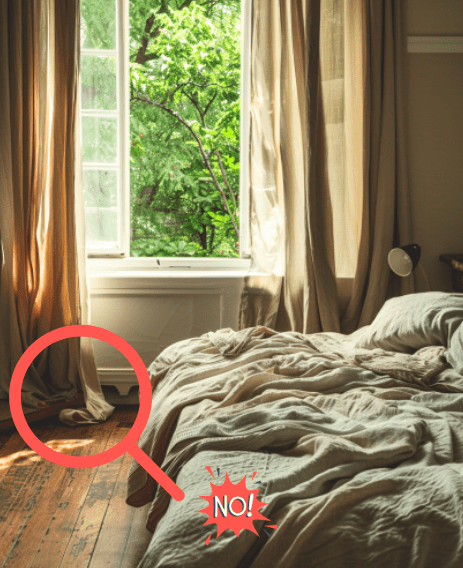
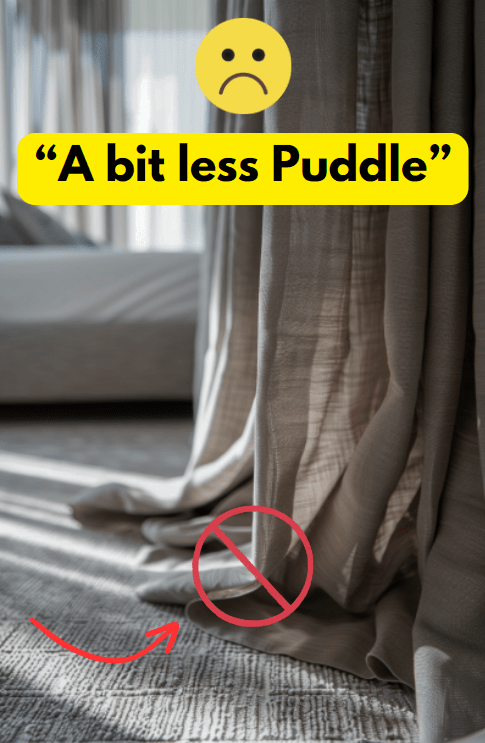
Curtains should be long enough to just brush the floor, and should be wide enough (bought in doubles or multiples) so that they look properly full when a block-out option for bedrooms.
4. How can I tell if I’ve overcrowded a room with furniture?
See if you can walk through the room.
If you find yourself doing the hokey pokey around chairs and tables, or if you’re bumping into the furniture, then it’s probably too crowded.
Another clue is a feeling that there are no defined areas, such as a separate living area or a clear dining space.

Start by removing one or two pieces.
5. I have mismatched furniture that I can’t afford to replace. What should I do?
Mismatched furniture might not be off-limits to the decorating rule-book entirely, as long as you incorporate it thoughtfully: complimentary pieces can be unified visually by working in consistent colour touches – throw pillows, covers, a rug that incorporates all the different tones of your furniture, for example.
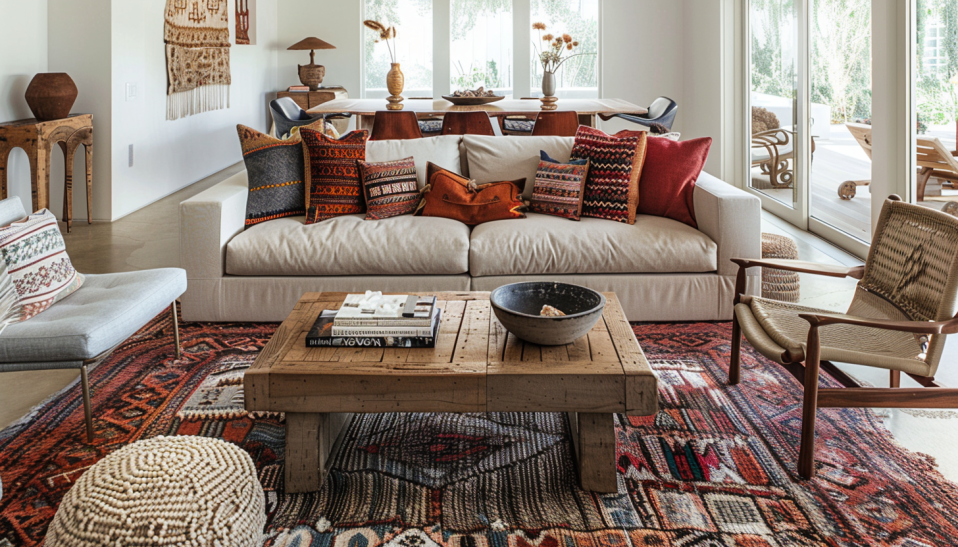
Or, if you’re feeling daring, try painting some of your wooden pieces the same colour.
6. How do I correct a poor lighting setup in a room?
To improve bad lighting, start by evaluating your current fixtures and think about the different types of light that you could install to enliven a room.
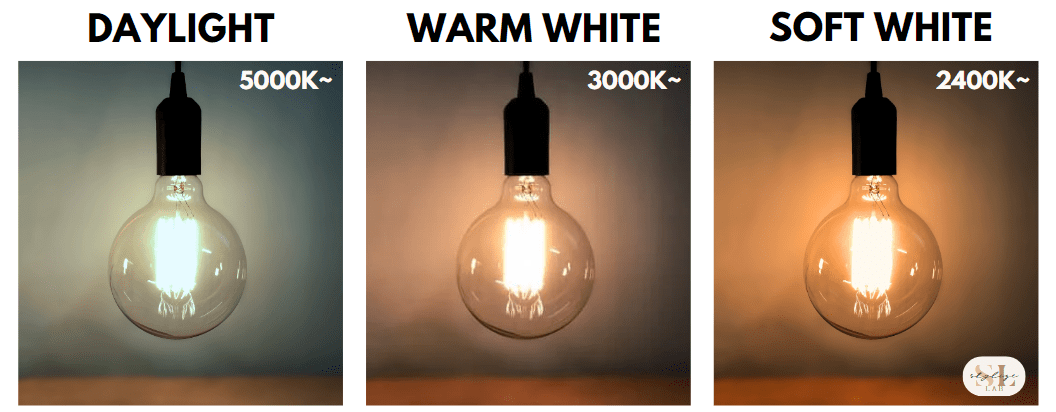
A combination of ambient, task and accent lighting is the best.
Daylight, Warm White, and Soft White:
- Daylight (5000K): Bright and crisp, ideal for kitchens and home offices for clarity and concentration.
- Warm White (3000K): Cozy and inviting, great for living rooms and dining areas for relaxation.
- Soft White (2400K): Soft and warm, best suited for bedrooms to create a calm and soothing atmosphere.
Recommended Room Usage:
- Living Room: Use Warm White to foster a welcoming environment.
- Bedroom: Choose Soft White for a restful, calm setting.
- Kitchen: Opt for Daylight to enhance visibility and focus.
For example, if a room has only one overhead light, adding a floor lamp or a table lamp can soften the shadows and create a more welcoming atmosphere.
The wattage of the bulb or even the colour of the bulb (warmer or cooler tones) can also make the difference in improving the room’s mood and functionality.
Conclusion
Avoiding these decorating disasters will make your home look and feel so much better.
Remember: good decorating must serve both function and beauty.
Your home should be beautiful as well as workable, and these pointers will help you on your decorating journey.

